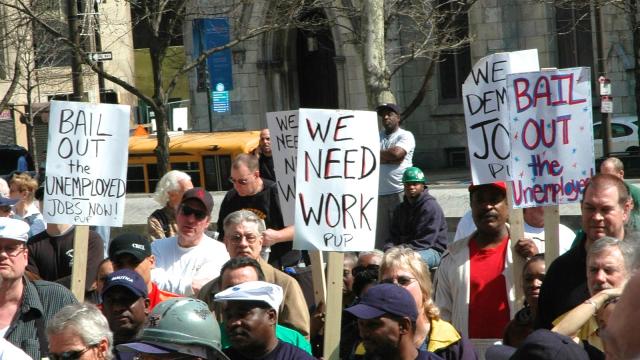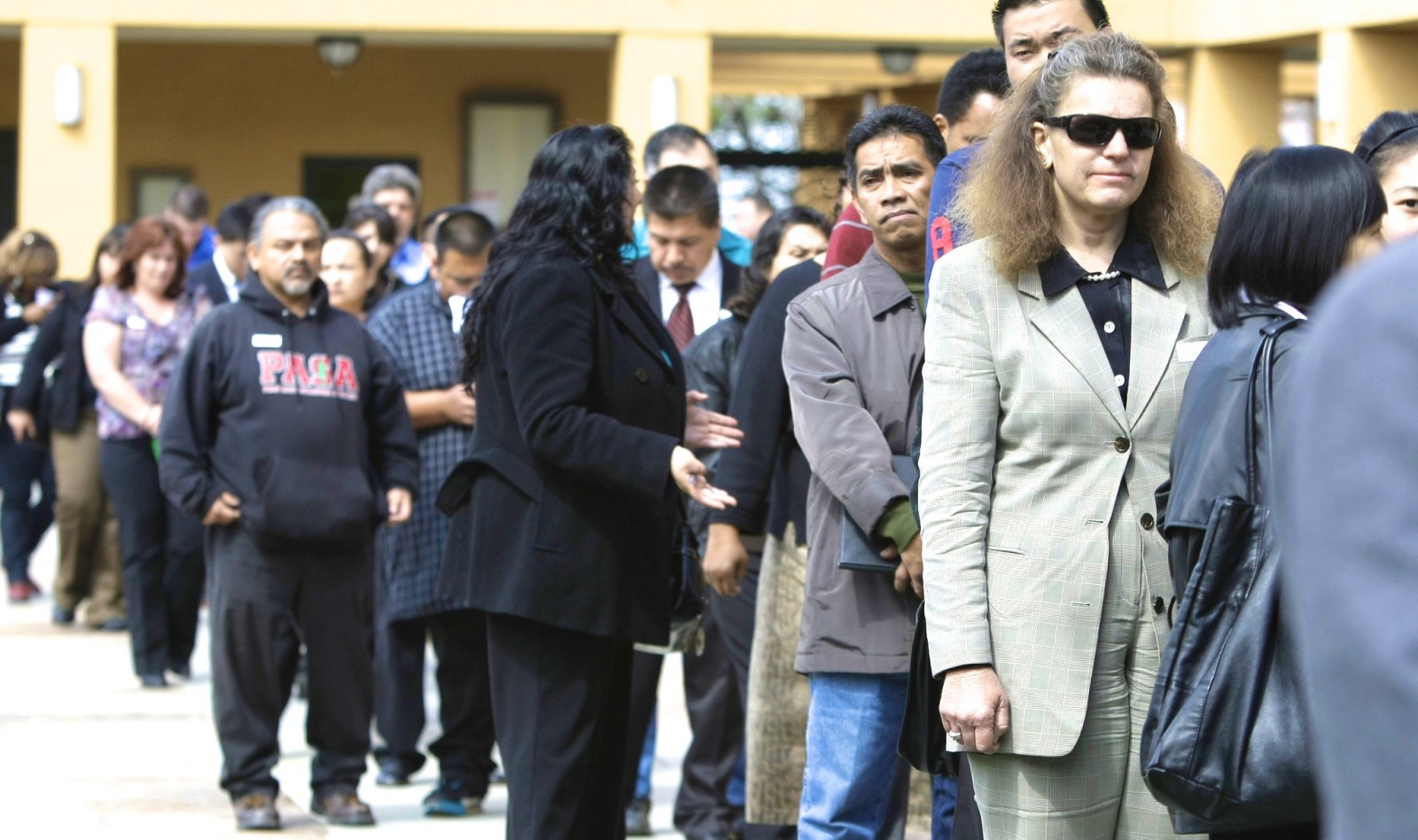
As a general rule, more Americans work than do the citizens of other advanced economies. Since the late 1970s, when the number of women in the workforce ballooned, the share of Americans who either had jobs or were trying to get one was greater than the share of comparable Europeans. For reasons good and bad — the higher availability of jobs, the need to bolster stagnating incomes, the linkage of jobs to health insurance — Americans worked like the dickens.
But that general rule may be changing. The percentage of working-age adults in the U.S. labor force began to decline in 2000, when it reached a peak of 67 percent. As of last month, it was down to 63 percent, which is lower than the level in the United Kingdom. Not since the late 1970s has Britain had a higher share of workforce participants than the United States.
Part of this decline is because of the retirement of aging boomers, but that explanation goes only so far. It doesn’t explain, for instance, why the workforce participation of Americans ages 25 to 34 has declined from 83.3 percent to 81.8 percent since 2007, as the Financial Times reported this week.
Worse yet, the number of hours that working Americans are on the job is in decline, too. In the past six months, according to Bureau of Labor Statistics data, the average workweek has shrunk from 34.5 hours to 34.2 hours — even as the official unemployment rate has dropped.
Anti-Obama partisans blame the president and his policies for the dwindling workforce, but the decline began in the last year of Bill Clinton’s presidency and continued through much of the presidency of George W. Bush. Clearly, either bipartisan public policy or something more fundamental than public policy is to blame.
The bipartisan public policy that should raise the most suspicion is trade policy, which fostered the offshoring of more than two million manufacturing jobs after Congress normalized trade relations with China in 2000. But an even more fundamental factor in the declining share of working Americans is the technological automation that has eliminated millions of jobs and is poised to eliminate millions more.
The mechanization of work has already taken a toll in the nation’s ports (where cranes have reduced the longshore workforce to roughly 10 percent of its size 60 years ago), factories (where machines and computers have substituted for millions of workers), construction sites (where the prefabrication of parts has reduced the number of construction workers) and offices (whatever became of secretaries?). And with increasing computing capacity steadily expanding the abilities of machines, we ain’t seen nothing yet.
In a paper they wrote last year, Carl Benedikt Frey of Oxford University’s Program on the Impacts of Future Technology, and Michael A. Osborn, an Oxford engineering professor, broke down the U.S. economy into 702 distinct occupations and classified those occupations by the probability of their computerization over the next few decades.
They concluded that 47 percent of U.S. workers have a high probability of seeing their jobs automated over the next 20 years, including in transportation (where the driverless car has become a reality), manufacturing and retail sales. They offer no particular policy suggestions to remedy this cataclysm, save that “high-skill and high-wage” jobs are the least likely to be swept away and that workers, accordingly, need “to acquire creative and social skills” that computers are unlikely to master until a more distant time.
Frey and Osborne acknowledge that there is a lot of speculation encoded in their equations. But even if they’re half right, or just a third right, that would mean that 23.5 percent or 15.7 percent, respectively, of U.S. workers face a future of employment extermination. I doubt that the mass acquisition of creative and social skills is sufficient to meet this challenge.
The way to deal with such a job apocalypse would begin with the very measures that we have failed to enact to combat the cyclical downturn that began in 2008: a massive government program to build and repair our infrastructure and to provide the preschool education and elder care that the nation needs, which would increase consumption and economic activity generally.
Eventually, however, as computers pick up more and more skills, we will have to embrace the necessity of redistributing wealth and income from the shrinking number of Americans who have sizable incomes from their investments or their work to the growing number of Americans who want work but can’t find it. That may or may not be socialism; certainly, it’s survival.
3 WAYS TO SHOW YOUR SUPPORT
- Log in to post comments













